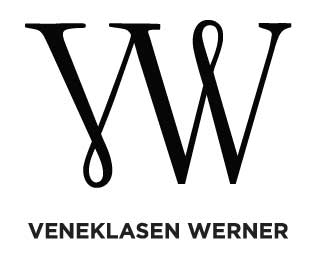THREE WEDNESDAYS IN MAY
VW Cinema is pleased to present three films of Alexander Kluge. Films are screened at 18.30 on three consecutive Wednesdays, beginning 4 May with Die Macht der Gefühle (The Power of Emotion). This series is organized in collaboration with the artist and with the support of Beata Wiggen (DCTP).
Alexander Kluge constructs his films from photographs, illustrations, paintings, drawings, inter-titles and archives, in addition to his own original footage. His soundtracks, too, are collaged from seemingly discordant elements of classical and operatic music, sounds from everyday life and voice-over narrations, often spoken by Kluge himself. Rather than edit these snippets and samples into a fully cohesive narrative, Kluge retains the collage-like character of his films, insisting that it is the viewer who must construct order and meaning. Kluge rose to prominence in the 1960s and was one of the original signatories of the 1962 Oberhausen Manifesto, a reaction to the economic and creative stagnation of Germany’s film industry. This manifesto, and the subsequent successes of several of its adherents, opened the way for what would become known as the Neuer Deutscher Film (New German Film). In a 20-year period Kluge produced over a dozen feature-length films as well as 30 short films and documentaries. His productions for television and his critical and fictional writings are also of paramount importance to Kluge’s overall practice, which ultimately is concerned more with encouraging an engaged public audience than with celebrating the artist’s individual successes.
Screenings are presented Wednesdays at 18.30. All films are in German with English subtitles.
WEDNESDAY 4 MAY
Die Macht der Gefühle (The Power of Emotion), 1983, 115 minutes. An organic and densely layered meditation on the intangible, irrational mechanism of human emotion. Die Macht der Gefühle explores how chance and destiny determine our emotions and the notion that emotion must not be confused with sentimentality. Notable for its provocative use of non-narrative segments, documentary footage and music, interspersed throughout the overarching story in the service of deep philosophical inquiry.
WEDNESDAY 11 MAY
Die Artisten in der Zirkuskuppel: Ratlos (Artists in the Ring: Perplexed), 1967, 103 minutes. How does one create art for an audience which mainly seeks entertainment? How does one balance art and commerce? With a collage of news feeds, philosophers‘ quotations and stills surrounding the story of a circus owner struggling to invent a new form of circus, Die Artisten in der Zirkuskuppel: Ratlos is Kluge’s second feature film to explore the circus as a metaphor for his own dilemma in making new cinematic works.
WEDNESDAY 18 MAY
Abschied von gestern (Yesterday Girl), 1965/1966, 88 minutes. One of Kluge’s narrative masterpieces, adapted from his original story Anita G., Abschied von gestern follows a young woman in her pursuit of happiness and liberation. The film opens with its protagonist appearing in court for the theft of a sweater. From this innocuous beginning, the film develops into a treatise on the underlying hypocrisy of post-war German society. Kluge’s masterful use of narrative diversions and montage in this film earned him the nickname the „German Godard“ and won him the Silver Lion in Venice in 1966.
VW | RUDI-DUTSCHKE-STRASSE 26 | 10969 BERLIN | TEL +49 30 8161 60418 |
